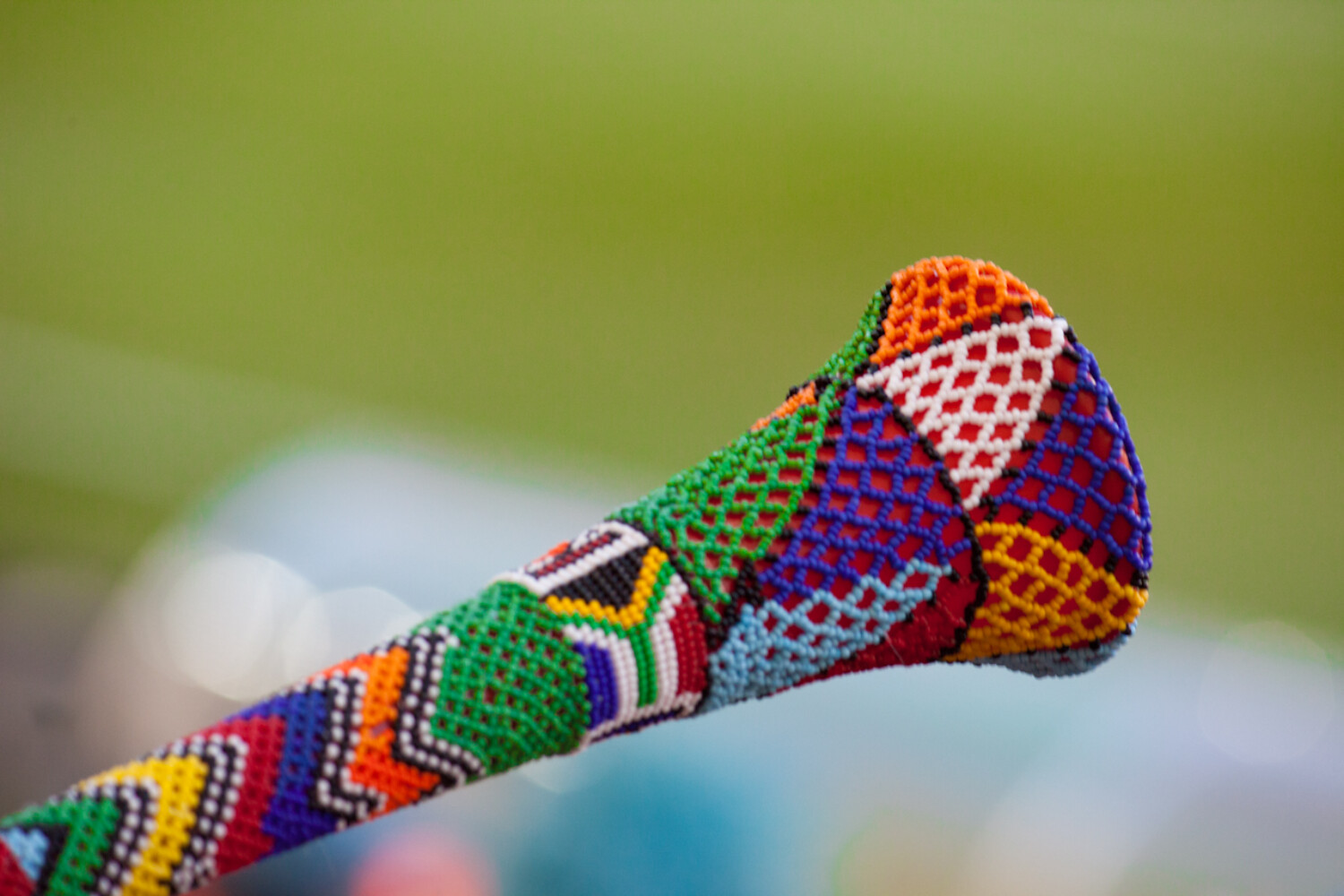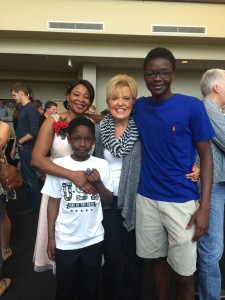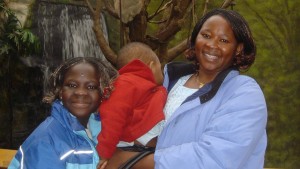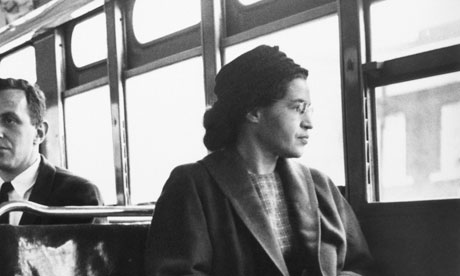I would like to inform you that Valerie Anderson is transitioning her focus from operations of Common Change to the country director of Common Change South Africa.
Valerie Anderson has strengthened and grown Common Change through her service, first out of Oakland and later from South Africa. Since her coming to work with us, many events have changed our entire globe, and she has always remained receptive to growth in the vision, responsibilities and interests of Common Change.
Her mark on our organization in evident in almost every area. Her unique ability to see solutions, think creatively, create something from nothing, and personally embody a vision that she worked to invite others to was not only invaluable, but inspiring.
Valerie is moving on, and April 15th, 2016 marked her last day in her formal roll with Common Change Ringmaster. Although she is formally leaving as Ringmaster, she is continuing to shape and share Common Change South Africa and I am sure you share my same enthusiasm about seeing the great things that come from that group of people caring for their country.
This next season is an exciting one as doors open for Valerie to tackle her next adventures with the same passion and dedication she gave to Common Change. Working alongside her has been an honor and a privilege. I can say without reservations that I have always been proud of what we’ve been able to accomplish together.
I wish her the best both professionally and personally. While I will miss the day-to-day interaction with her – she has been an indispensable part of our team – I know she will continue be a change-maker wherever she is and whatever “team” she is on.
Darin Petersen
founder & ceo

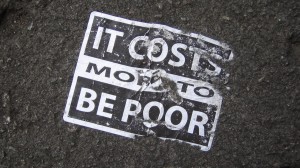 Kathryn Edin reveals the reality of living on two dollars a day in the United States in “
Kathryn Edin reveals the reality of living on two dollars a day in the United States in “
